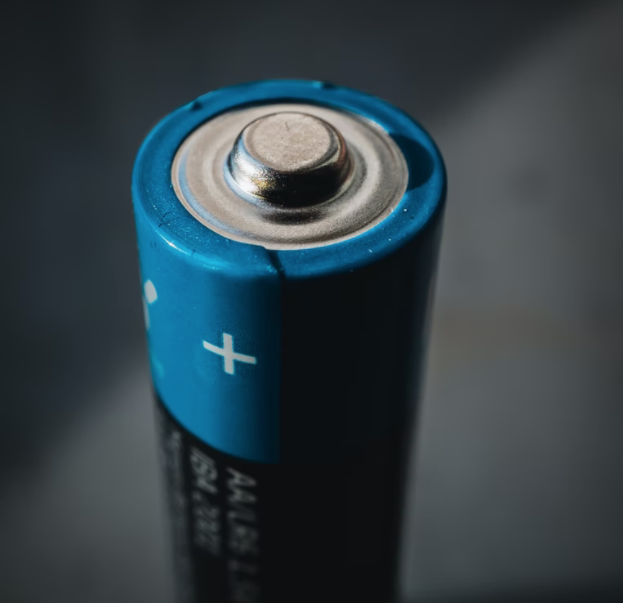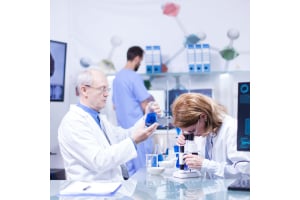Saltworks Produces Battery-grade Lithium from Waste

As the world's energy economy shifts to lithium-ion batteries for transportation, energy storage systems, and electric mobility, battery-grade lithium solids are predicted to become increasingly scarce. The cost of extracting battery-grade lithium has historically proved expensive, as the demand for the material continues to rise. But a new core technology, developed by Richmond, BC-based Saltworks, renowned for developing technologies that treat the toughest water, uses wastewater for making high-quality battery-grade lithium carbonate or lithium hydroxide solids.
Currently, battery-grade lithium is primarily produced in one of two methods. Spodumene processing, most common in Australia, relies on ore mining and acid leaching, i.e., LiAl(SiO3)2, to yield a lithium sulfate solution, which is then electrochemically transformed to battery-grade lithium carbonate or hydroxide. In South America, locations with very high evaporation rates use evaporation ponds to concentrate and precipitate lithium carbonate from brines. The hardness of these resources is usually lower (i.e., calcium, magnesium). Unfortunately, these traditional means are costly. By 2025, lithium grade battery manufacture from brine and spodumene is estimated to total around 4,165 and 5,500 US dollars per ton of lithium carbonate, respectively. Furthermore, because some metals are geologically uncommon or not present in readily recoverable amounts, these operations take time. Their recovery is complex and not commercially viable because they are employed in alloys with other metals such as iron or in low concentrations.
Alternatively, lithium extraction from wastewater necessitates Direct Lithium Extraction (DLE) and lithium upgrading and refining. Repurposing wastewater is a mutually beneficial feat, considering lithium sold deficiency is rising, and recycling is necessary for environmental preservation. DLE is a method in which lithium is absorbed and desorbed onto a material by chemical processes, resulting in a low-quality lithium chloride solution with ten times the lithium concentration of the original liquid waste. Low-quality lithium chloride solution is upgraded and refined into high-quality battery-grade lithium carbonate or lithium hydroxide during the upgrading and refining process.
Direct Lithium Extraction is established to be the revolutionary approach in varied sectors needing batteries, with new technologies driving an ever-increasing demand for the components required to produce them. This is a way to manufacture the necessary materials to shape the future of clean and renewable energy.
Saltworks provides cutting-edge products and solutions for industrial wastewater treatment and desalination. We were founded in 2008 with the goal of treating the toughest wastewaters at the lowest total cost and environmental footprint. We focus on recycling and reuse, removing specific contaminants, and concentrating brine for minimal and zero liquid discharge.
Sources:
- Saltworks produces battery-grade lithium from waste - Filtration + Separation (filtsep.com)
- Lithium Extraction and Refining Systems | Saltworks Technologies
- Battery-grade lithium carbonate production cost projection globally by feedstock 2025 | Statista
- Lithium: Sources, Production, Uses, and Recovery Outlook | SpringerLink
- Lithium Ion Battery Applications and Advantages - ELE Times
- All you need to know about the direct lithium extraction process (ibatterymetals.com)
- Most Viewed Blog Articles (5)
- Company News (285)
- Emerging Technologies (64)
- Microbiology and Life Science News (93)
- Water and Fluid Separation News (97)
- Filtration Resources (93)
- Product News (19)


![Join Sterlitech at BIO 2024 [Booth #5558]: Exploring the Future of Biotechnology](https://www.sterlitech.com/media/blog/cache/300x200/magefan_blog/b4.jpeg)



